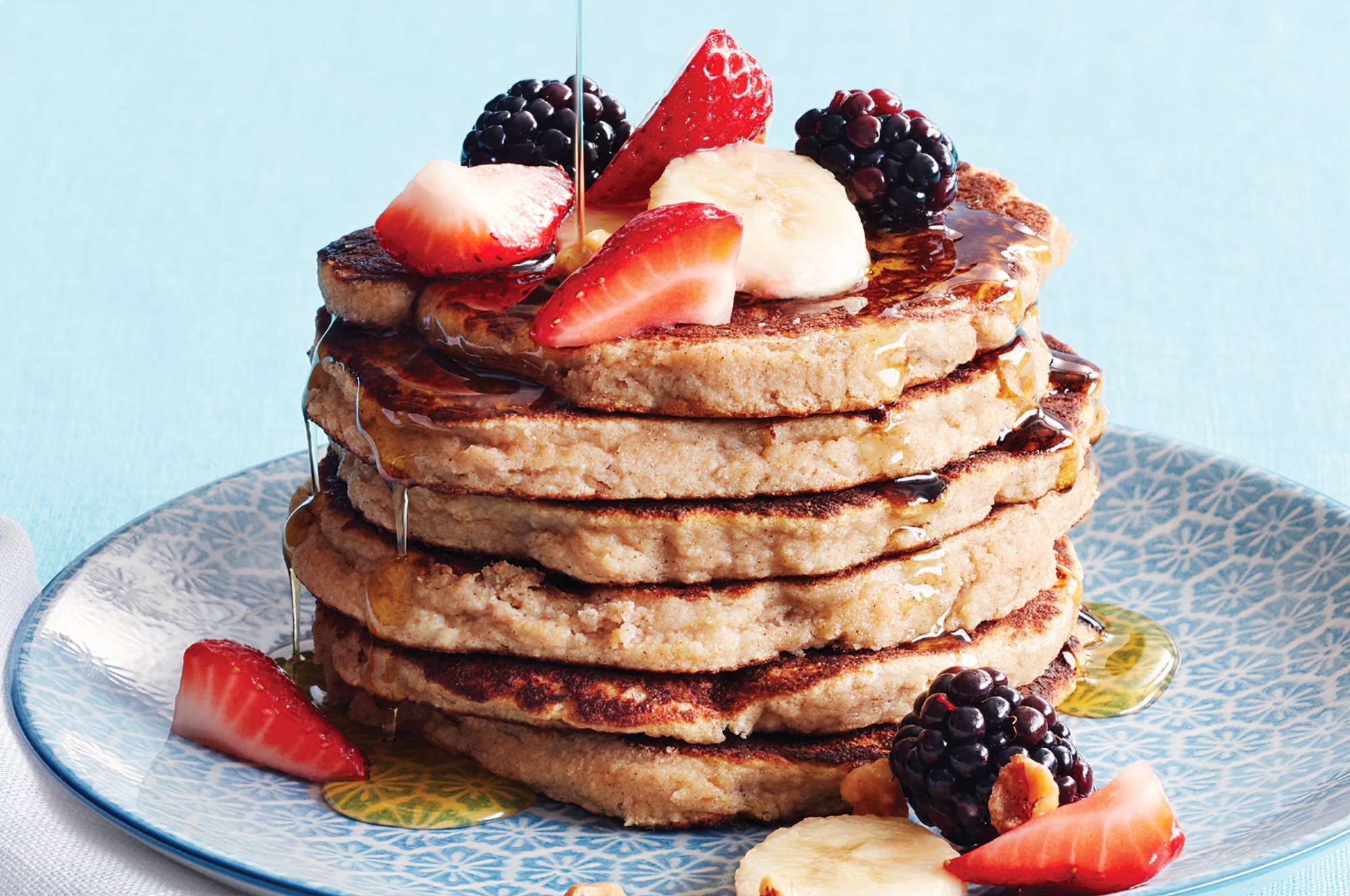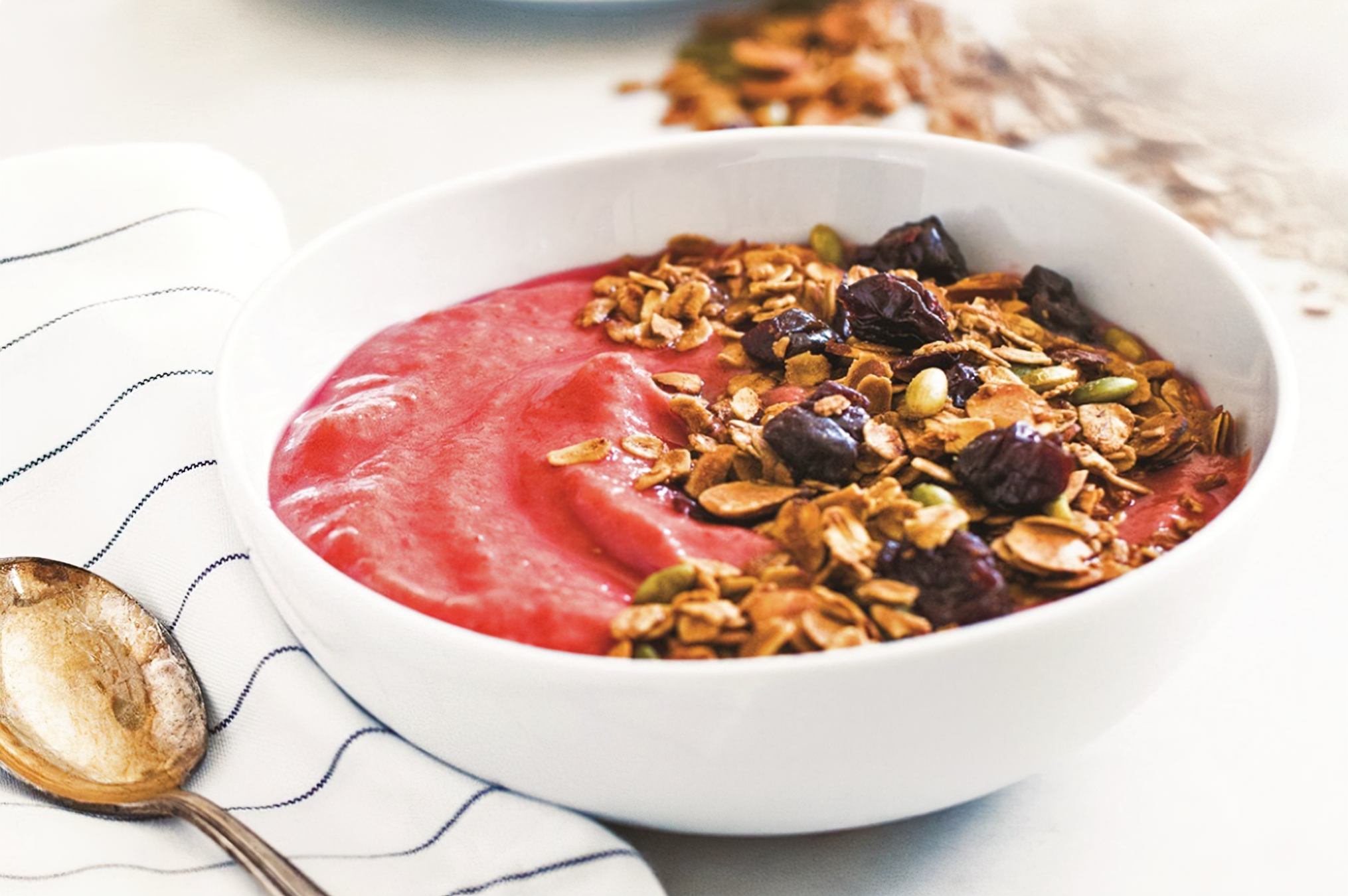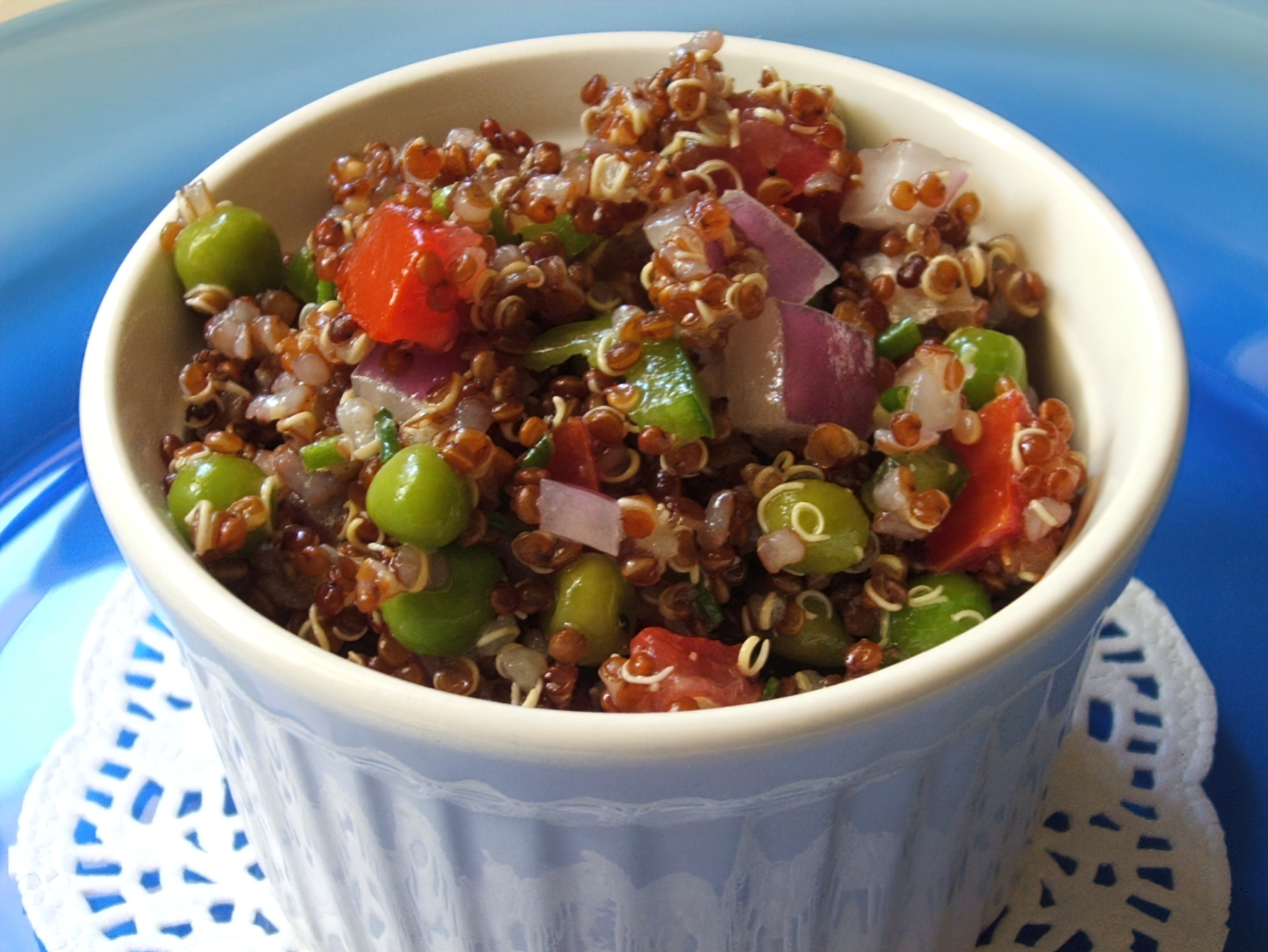In the competitive world of sports, every little detail counts. While training regimens, sleep schedules, and hydration are frequently discussed, there’s another aspect that deserves attention – food sensitivities and how they can affect an athlete’s performance. Today, we’re going to delve into the world of food sensitivities and provide some delicious, sensitivity-free recipes for athletes to try.
What are Food Sensitivities?
Food sensitivities or intolerances occur when the body has difficulty digesting a particular type of food, leading to a variety of symptoms like bloating, stomach discomfort, or even skin rashes. These differ from food allergies, which are immune system responses that cause severe symptoms and can be life-threatening. The most common sensitivities include lactose, gluten, and certain types of sugars.
How Food Sensitivities Impact Athletes
Food sensitivities can affect athletes in numerous ways. Digestive discomfort can affect focus during training or a competition, while long-term inflammation can hinder recovery times. Identifying and managing these sensitivities is a vital part of an athlete’s nutrition plan.
Recipe 1: Gluten-Free Banana Pancakes
Let’s start with a gluten-free breakfast recipe that is simple to prepare and rich in nutrients.
Ingredients:
- 2 ripe bananas
- 4 eggs
- 1/2 cup almond meal
- 1 tsp vanilla extract
- A pinch of salt
- Coconut oil for frying
Instructions:
- Mash the bananas in a bowl.
- Add the eggs, almond meal, vanilla extract, and salt. Mix well.
- Heat a little coconut oil in a non-stick pan.
- Drop spoonfuls of the batter onto the pan and cook until bubbles appear on the surface.
- Flip the pancakes and cook for another 1-2 minutes.
Identifying Food Sensitivities
Identifying food sensitivities can be challenging, as symptoms may not appear immediately. It often involves a process of elimination and reintroduction, working closely with a registered dietitian or a sports nutritionist.
Recipe 2: Dairy-Free Smoothie Bowl
This dairy-free smoothie bowl is rich in antioxidants, providing a refreshing and nourishing snack or breakfast.
Ingredients:
- 1 frozen banana
- 1/2 cup frozen mixed berries
- 1/2 cup almond milk
- Toppings: Chia seeds, coconut flakes, fresh fruits
Instructions:
- Blend the frozen banana, mixed berries, and almond milk until smooth.
- Pour the smoothie into a bowl.
- Add your chosen toppings and serve immediately.
Management and Alternatives
Once food sensitivities have been identified, the next step is to find suitable alternatives. Many food companies now provide gluten-free, lactose-free, and sugar-free options. Whole foods like fruits, vegetables, lean meats, and certain grains are typically safe choices.
Recipe 3: Quinoa Salad with Lemon Vinaigrette
Ingredients:
1 cup quinoa 2 cups water 1 cup chopped veggies (cucumber, bell peppers, cherry tomatoes) 1/4 cup extra virgin olive oil Juice of 1 lemon Salt and pepper to taste
Instructions:
- Rinse quinoa under cold water. In a pot, bring quinoa and water to a boil. Lower heat, cover, and let simmer for about 15 minutes.
- In a bowl, combine cooked quinoa and chopped veggies.
- In another bowl, whisk together olive oil, lemon juice, salt, and pepper to make the vinaigrette.
- Pour the lemon vinaigrette over the quinoa and veggies mixture. Toss until well coated.
- Season with additional salt and pepper if desired.
- Serve the quinoa salad chilled or at room temperature.
This quinoa salad is a satisfying and nutritious meal option that avoids common food sensitivities. It provides a balance of carbohydrates, protein, and healthy fats to support athletic performance and recovery.
Enjoy your sensitivity-free meal!
In conclusion, understanding and addressing food sensitivities is crucial for optimizing athletic performance. By identifying and managing these sensitivities, athletes can improve their digestion, reduce inflammation, and enhance recovery. Incorporating sensitivity-free recipes into their nutrition plan allows athletes to enjoy delicious meals while avoiding foods that may hinder their performance. Working with a registered dietitian or a sports nutritionist can provide personalized guidance in navigating food sensitivities and optimizing an athlete’s nutrition plan. Remember, fueling the body with the right foods is just as important as the physical training itself.